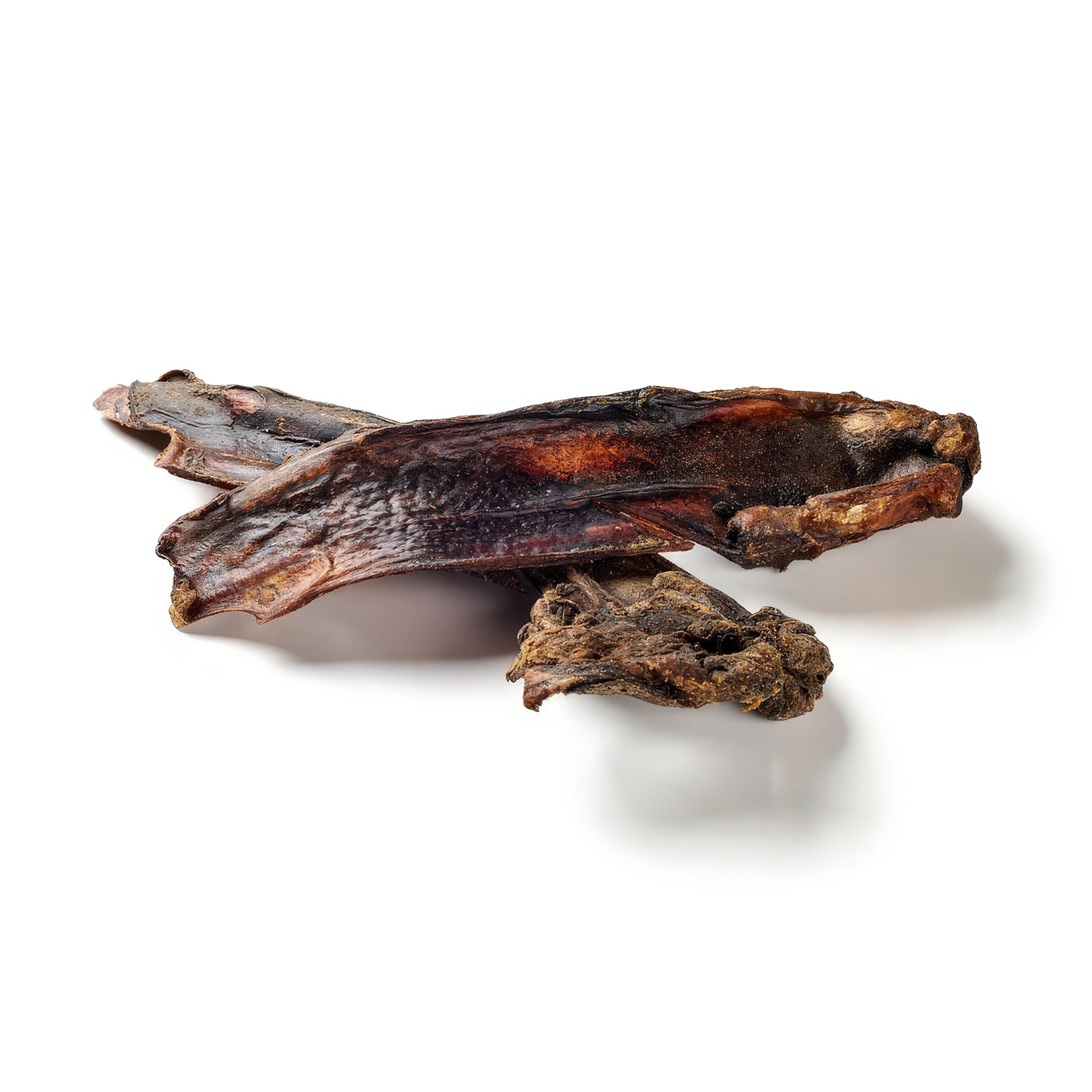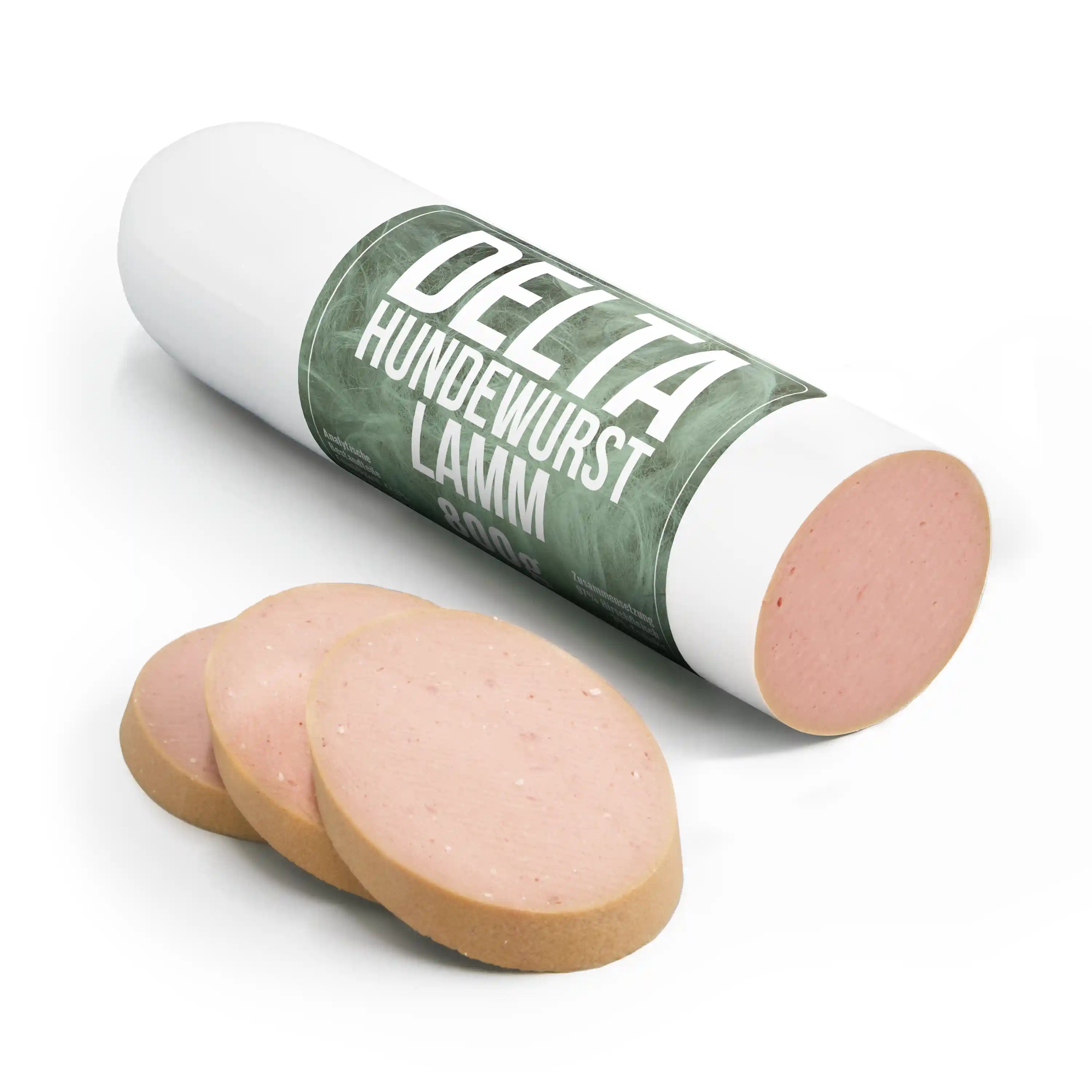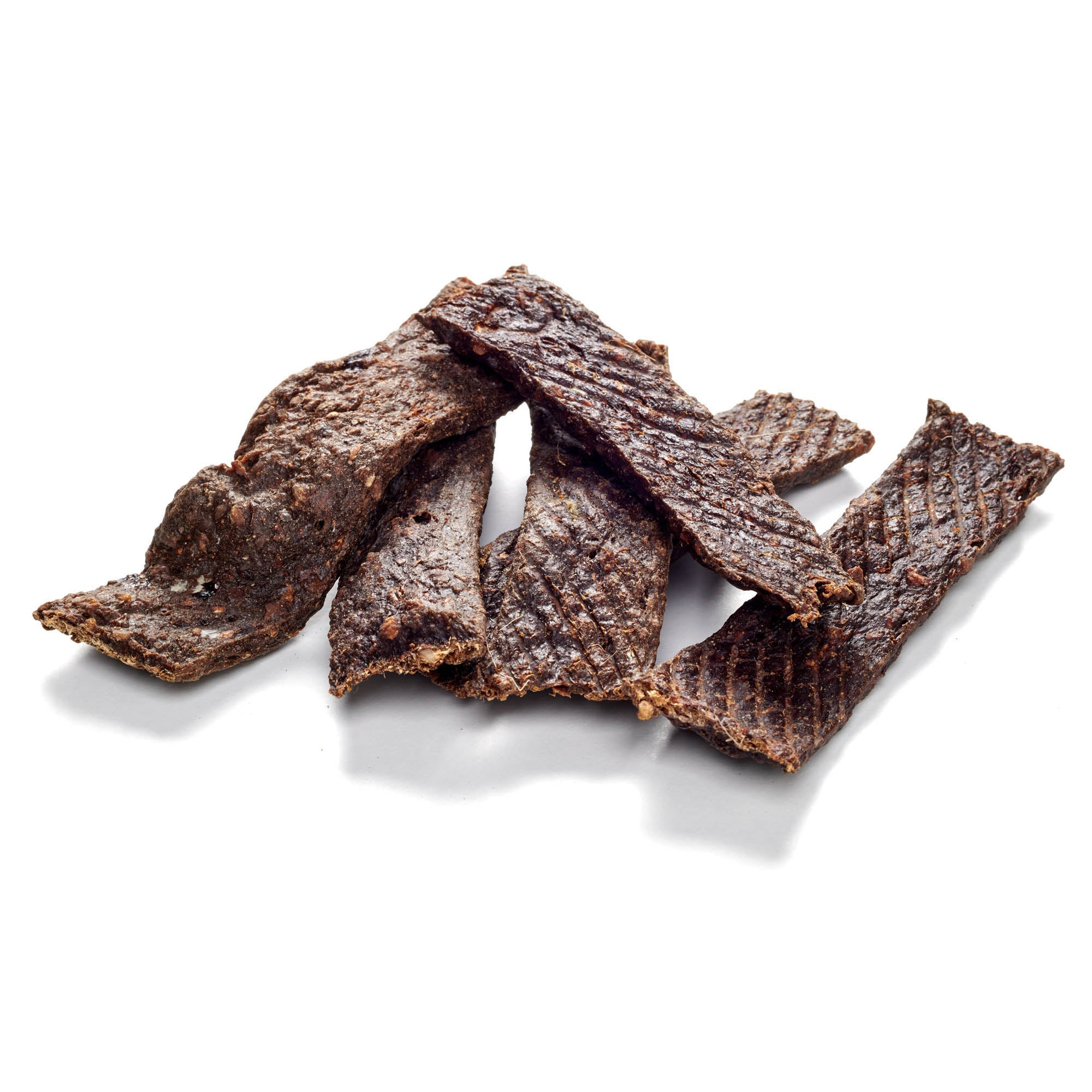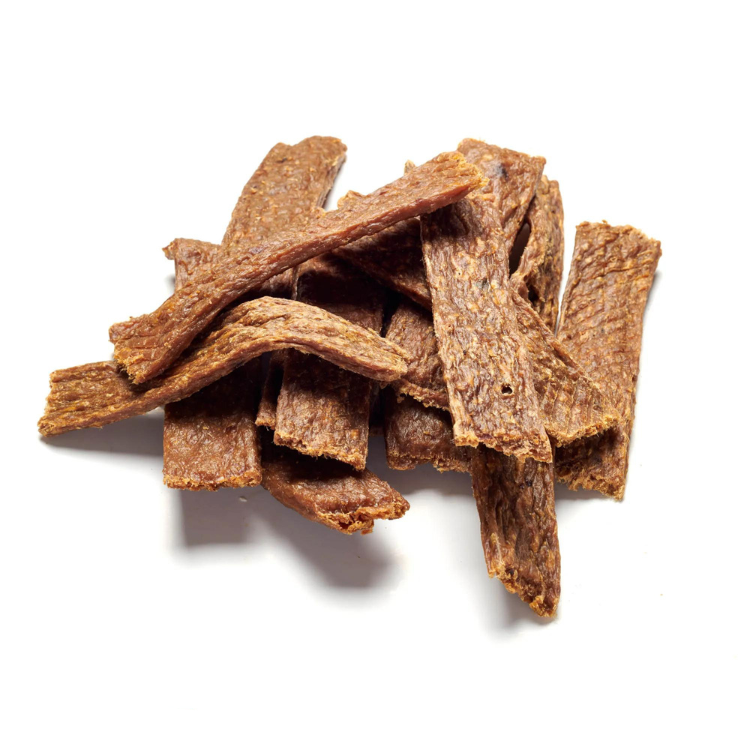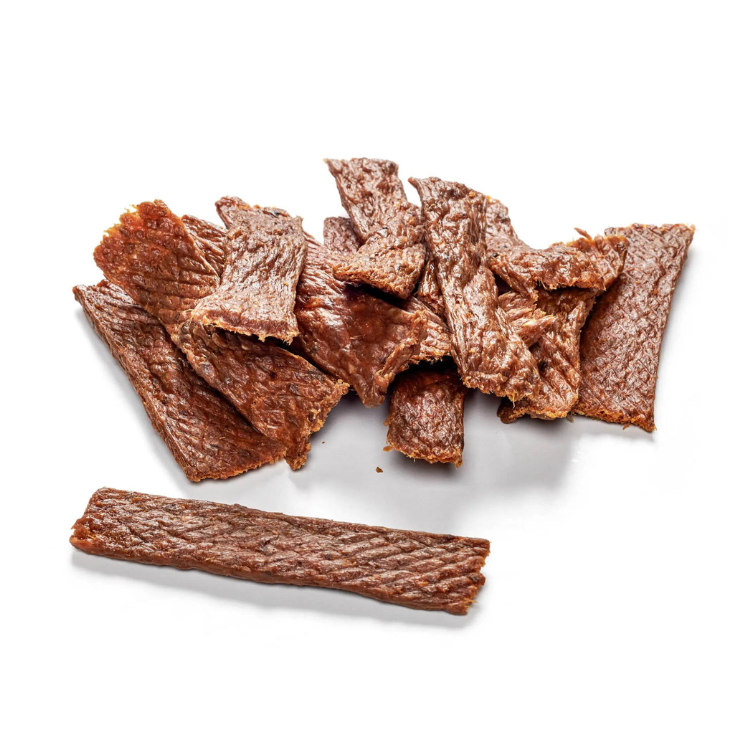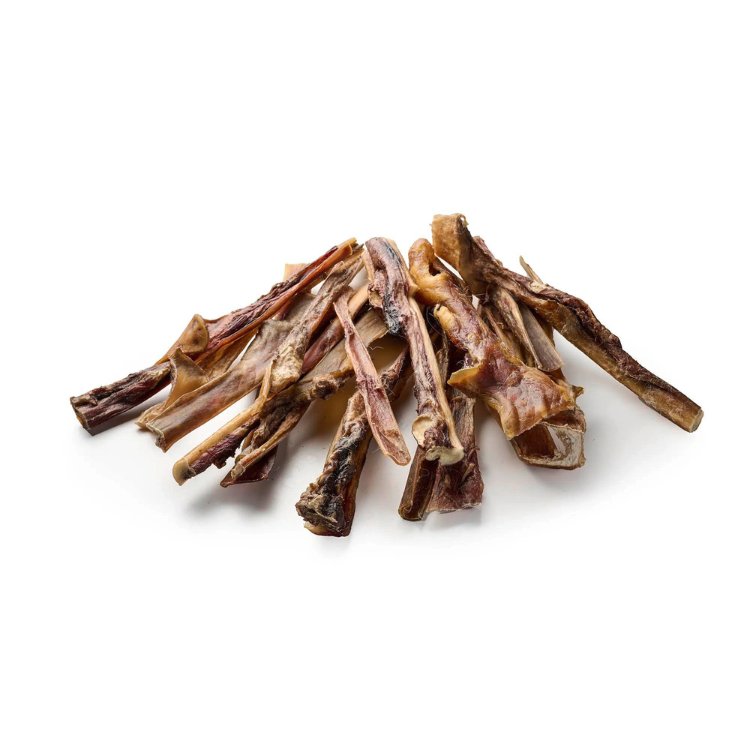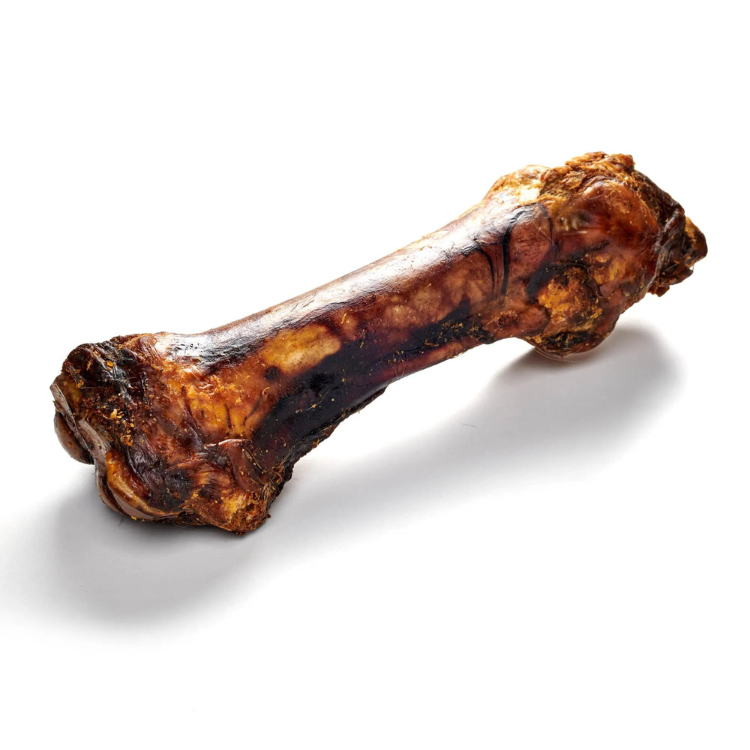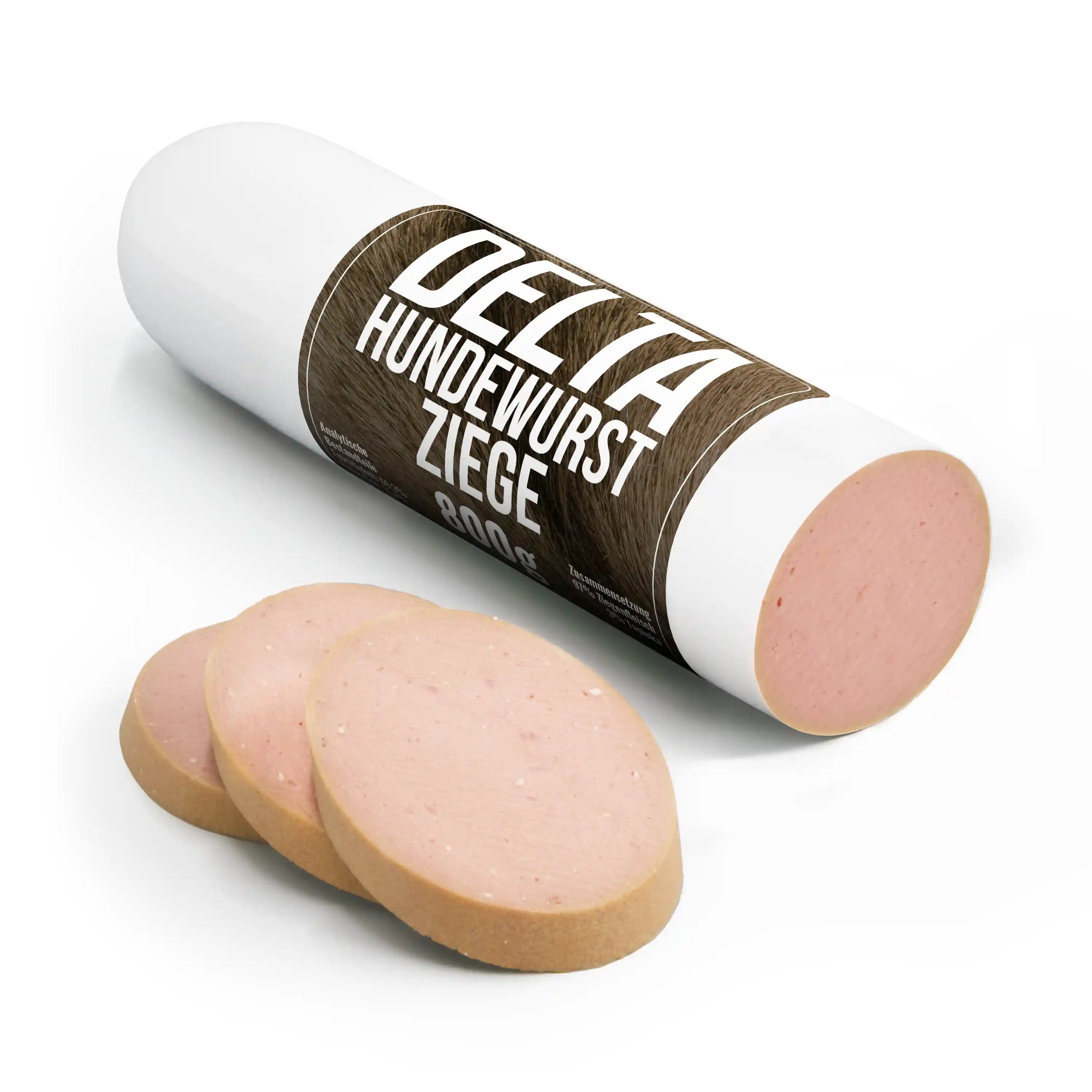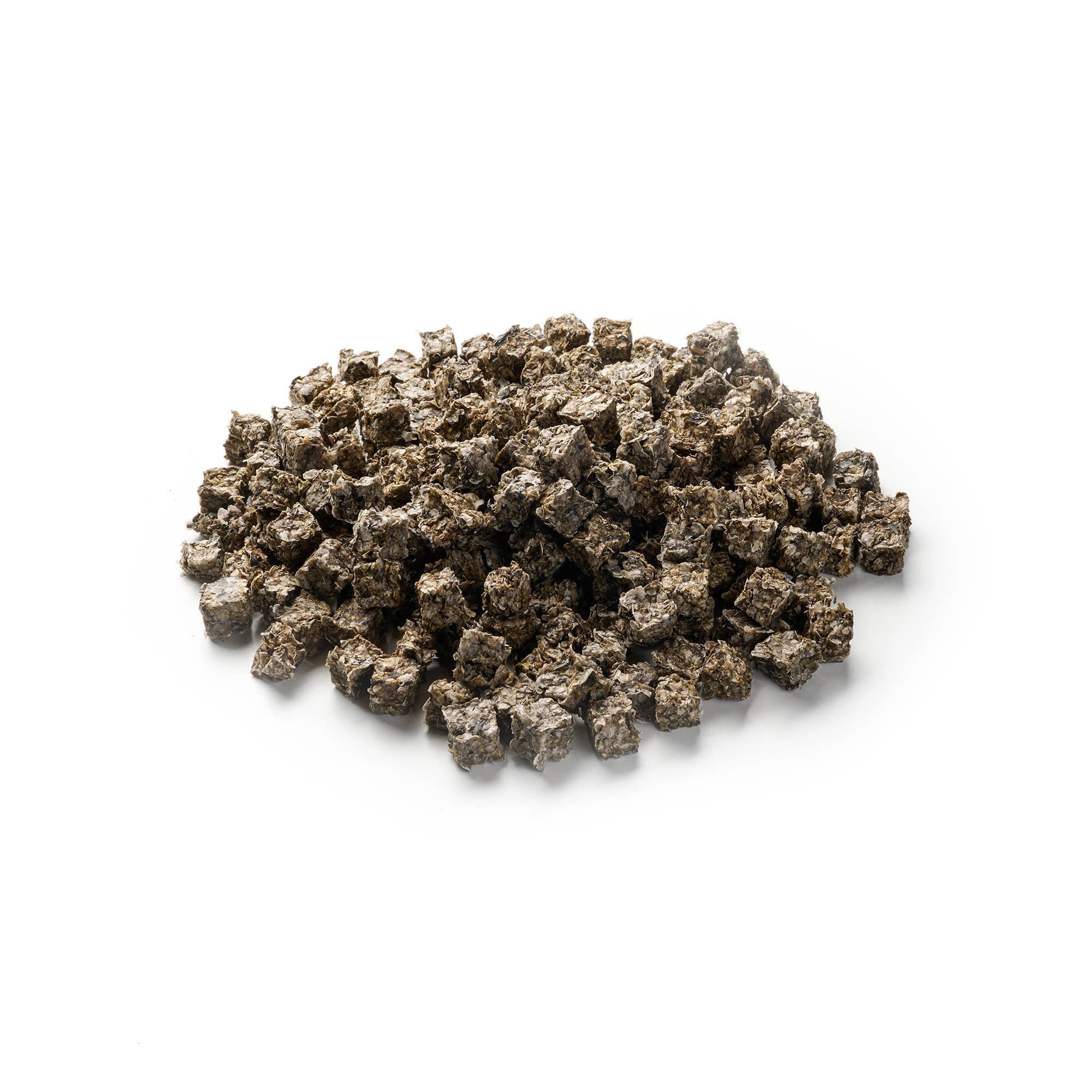
German boxer
Share
The German Boxer is a dog breed with a long history. These dogs and their ancestors played a major role in the courts of the nobility of Europe. Even today, they are very popular, especially in this country, and make an exemplary family and companion dog. Whether this dog breed is one of the so-called cruel breeds is debatable.
Content: German Boxers
- profile
- Special features
- Nutrition
- Health and care
- The right accessories
- Origin & History
- Conclusion
High quality dog snacks to pamper your dog, now available!
German Boxer - Profile
- Character: Powerful, Energetic, Alert
- Size: Medium
- Height: 53-63cm
- Weight: 25-32 kg
- Life expectancy: 10-12 years
- Coat type: Short hair
- Color: Yellow, Black, White, Brindle, Pied
- FCI Group: Pinscher – Schnautzer – Molosser – Swiss Mountain Dogs
German Boxer - Special Characteristics
The FCI has categorized the German Boxer in the group of Pinschers and Schnauzers.
The muscular and powerful German Boxers are medium-sized dogs, measuring up to 63 cm and weighing 28 kg. The short coat can be black, white, yellow and brindle or spotted and does not hide any of the many muscles of this four-legged friend. This makes them appear particularly robust and certainly a little frightening to some people.
Its distinctive face is slightly reminiscent of the Great Dane, but the protruding lower teeth are a unique selling point and the main reason why this breed of dog drools so much. Its small, droopy ears lie close to its head. Its muzzle is broad and its dark eyes cast a particularly loyal, dog-like gaze on its surroundings. In the past, the German Boxer's ears and tail were often docked, but fortunately this is now banned, at least in Germany. In this horrific practice, dogs' ears or tails are trimmed in such a way that the animals look more dangerous and supposedly better.
It is also striking that many dogs of this breed wear a black “mask”.
Even though the German Boxer sometimes looks gloomy and doesn't look like he should be joked with, he is a very loving and peaceful companion for the whole family, because he is also good with children. Once he is integrated into a family, he is loyal to them and protects them. So he is a good mix of family and guard dog. The latter is in his blood and so it is not surprising that he is and has often been kept as a guard dog.
But a powerhouse like the German Boxer needs exercise in the form of long walks or even hikes. You can keep him busy with toys and if you have a fenced-in garden, you can let him run around there all day long.
As mentioned, the confident four-legged friend makes a good watchdog, but is also an option for professional dog handlers. He also works as a guard and rescue dog.
German Boxer - What should be considered regarding nutrition?
Feeding the German Boxer is not easy because he is prone to diseases that can be prevented with the right dog food.
In this case, it is actually advisable to seek advice from a veterinarian or dog nutritionist. It is important that the dog food is suitable for the dog's current phase of life, otherwise hip dysplasia in particular can be encouraged. A disease that can be prevented with the right dog food during the growth phase.
Basically, it should be a high-quality dog food with a high meat content. It doesn't matter whether it is dry or wet food . Both have advantages and disadvantages.
Puppies usually get up to five very small portions, while adult dogs get a maximum of two portions per day. But remember that these details also depend on the type of dog food. However, the manufacturers of good dog food provide instructions on their packaging on how to portion the food correctly. Here you can find out what makes good dog food.
High quality dog snacks to pamper your dog, now available!
German Boxer - Health and Care
Unfortunately, German Boxers are quite susceptible to hereditary diseases. Heart disease, arthrosis, tumors, osteochondrosis dissecans (OCD), gingival hyperplasia, brachycephaly or the well-known hip dysplasia are not uncommon in this breed of dog. Brachycephaly is particularly noticeable because it is the reason for the shortened head. This head shape, achieved through breeding, often leads to breathing problems and is also the reason for problems with the teeth. Pugs also often suffer from this and quite a few people are already talking about cruel breeding. Anyone who has a German Boxer should therefore get on well with their vet or take out health insurance for dogs.
The short coat of the German Boxer, on the other hand, is easy to care for. Occasional brushing is completely sufficient, but the dogs usually like it so much that it can be considered a massage. Therefore, daily brushing is also possible if you want.
The paws are more important because foreign objects can get caught in the gaps between the pads and over time lead to injuries or inflammation. However, paw care is particularly important in winter when road salt is spread everywhere. To protect the paws, they should not only be checked and cleaned regularly, but also prepared for the harsh weather with a paw balm. At least in winter.
The eyes and ears must also be kept clean, as painful inflammations can also occur here.
A dog bath, however, should be the exception rather than the rule and only dog shampoo should be used. The claws only need to be trimmed when necessary and will wear down on their own if the dog is kept in a species-appropriate manner. If this does not happen, they should be trimmed. You can ask the vet to show you how to do this, as this could cause your dog more harm than good.
Last but not least, your dog's teeth also need appropriate care. You can try a mixture of healthy chewing bones and dog tooth cleaning kits. The sooner he learns, the better it works.
German Boxer - The right accessories
New dog owners are often amazed when they see all the accessories a dog needs. In addition to the basic things like a collar or harness, a short and a long leash, a drinking and feeding bowl, and a dog bed for a good night's sleep, depending on the dog owner, a few other things are needed. For example, a dog transport box is highly recommended for car drivers. If you want to travel with your dog on the train, you definitely need a muzzle given the size of the German Boxer.
Dog toys are a good way to help your dog tire out.
Grooming is of course easier with the right accessories, so you should have everything you need to hand. This includes a brush and flea comb, as well as tick tweezers, dental and ear care utensils, dog shampoo and paw balm.
German Boxer - Origin & History
The ancestors of the German Boxer were already popular dogs in the Middle Ages. They were the so-called bull-biter breeds, which were used especially by the nobility to hunt wild animals. They were extremely popular until the invention of firearms. After that, demand for the powerful hunting dogs dropped. There were regional variations of bull-biters. One of them, the Brabant bull-biter, is considered the direct ancestor of today's German Boxer. The bulldog was also crossed in. The first boxer club was founded in Munich in 1895. Just nine years later, in 1904, the breed standards were established, which have not changed to this day. German Boxers have been used as service dogs since 1924.
Conclusion
The German Boxer is not only a spirited and loving dog, but also has great characteristics that make him a loyal companion for the whole family - and even a potential service dog. But in addition to the good characteristics, the German Boxer also has a lot of predispositions to serious hereditary diseases. This makes it all the more important to look for a reputable breeder when buying a dog. A good place to start is the relevant breeding clubs, who will be happy to advise you and also put you in touch with breeders.
In order for the German Boxer to stay healthy, sufficient exercise is absolutely necessary and everyone who decides to get such a powerhouse dog should be aware of this. But the decision can be worthwhile because despite a lot of drooling and possible illnesses, the German Boxer is a lovable and loyal friend to humans.
Reward your best friend with our dog treats!

